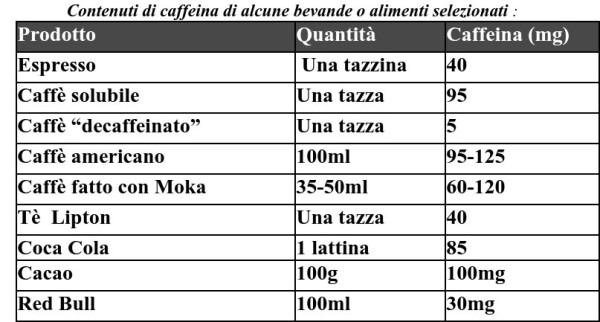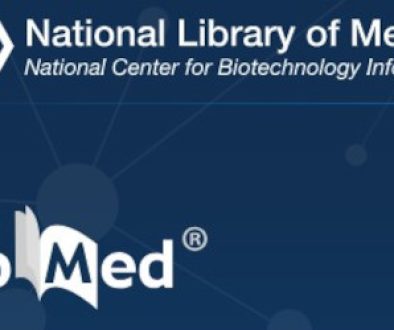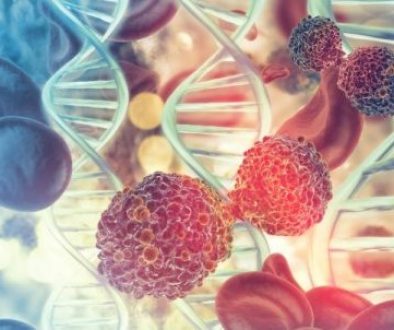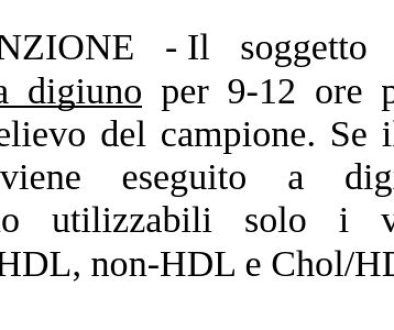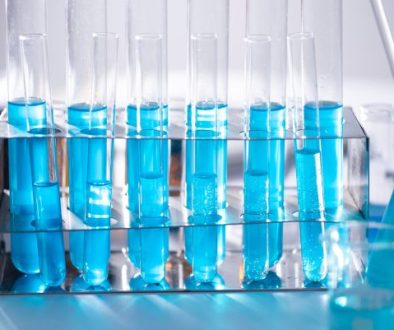Forse il caffè potrebbe farti venire l’infarto!
 There is a gene (CYP1A2) which regulates the metabolization of caffeine (according to some research), for which there are people with slow metabolism of caffeine le quali rischiano l’infarto anche bevendo solo 2 tazzine di caffè al giorno, and whoever has less than would take the greatest risk 40 years !
There is a gene (CYP1A2) which regulates the metabolization of caffeine (according to some research), for which there are people with slow metabolism of caffeine le quali rischiano l’infarto anche bevendo solo 2 tazzine di caffè al giorno, and whoever has less than would take the greatest risk 40 years !
If you have less than 40 anni e bevi due o più caffè al giorno rischi l’infarto, but even if shark from i 40 Hey 50 years you run a risk, a bit’ meno see shark from i 50 Hey 60 years , but of course the risk increases if you drink 4 o più caffè al giorno. Here is an excerpt:
The latest studies in the field of molecular diagnosis have expanded the knowledge on the interactions of this extraordinary substance (caffeine), Cornelius et al. they monitored approx 4000 individuals mentioned 2000 veterans from myocardial infarction; considering other variable factors such as food consumption, l’attività fisica o lo stato socio economico, their research showed that people with slow metabolism of caffeine according to the CYP1A2 gene, they were associated with a high risk of heart attack, risk that increases, also based on the number of cups consumed.
“The risk of heart attack grows by 36% nei metabolizzatori lenti che bevono due o tre tazze di caffè al giorno”, the researchers conclude, “and you get up to 64% per i forti consumatori di caffè, ossia coloro che ne consumano quattro o più tazze al dì. E il rischio è doppio se di età inferiore a 59 years, quadruple if less than 50”. Unlike, those with the gene version associated with rapid caffeine metabolism are protected from heart attack risk, sempre che non si abusi di caffè.
Inoltre nell’Aprile del 2005 Sata et al. have published a study in the Journal of Molecular Human Reproduction,nel quale si metteva in relazione la caffeina con la fertilità e la gravidanza. Questo studio ha dimostrato che le donne con il gene codificante il metabolismo lento per caffeina hanno un rischio maggiore di abortire e di ridurre la fertilità se consumano da una a tre tazze di caffè al giorno,mentre le donne a metabolizzazione veloce non corrono questi rischi pur consumando le stesse quantità di caffè.
Always from DNA Magenoma Analysis Laboratory
